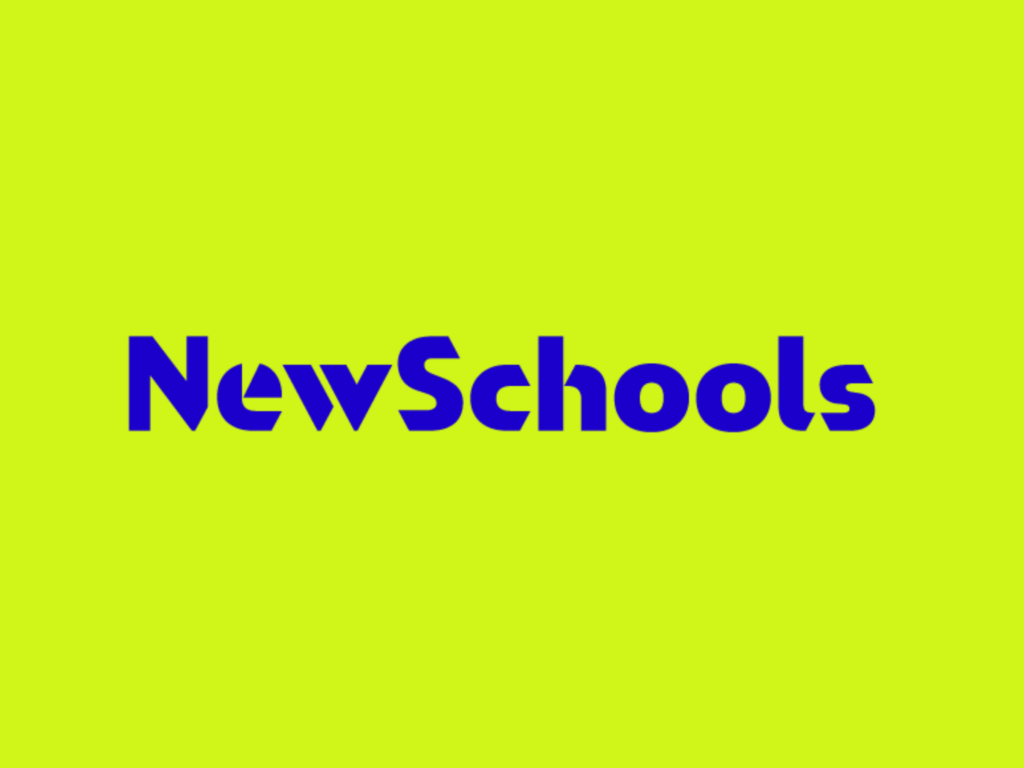Zynga wants kids to play more games in class.
The San Francisco-game company’s non-profit, Zynga.org, plans to announce Wednesday that it is investing $1 million in a new program to help technology startups build games to help children learn. It has selected an initial handful of startups to join an accelerator this summer at its offices and will supply Zynga employees to help improve their products.
Zynga’s non-profit is partnering with NewSchools Venture Fund, an Oakland, Calif.-based nonprofit that has invested $250 million in early-stage education programs, including startups and charter schools. The two collaborated to select the first batch of startups starting this summer. The startups include Edmodo, which provides social networking tools for teachers and students and a platform for educational apps, along with app-makers like Kidaptive.
Zynga Chief Executive Mark Pincus said in an interview that the effort aims to help Zynga have a bigger and quicker impact in education through games.
“It is going to be too slow for us to get a FarmVille or any of our core games to focus on kids and learning,” he said. “This is an opportunity to really accelerate the pace of innovation around games to engage kids to learn.”
Mr. Pincus and Kleiner Perkins Caufield & Byers venture capitalist and Zynga board member John Doerr plan to discuss the news at the NewSchools Summit Wednesday, a daylong conference in Burlingame, Calif. The annual event draws 1,000 attendees and is a pep rally for education-tech startups and other reformers.
Mr. Doerr helped found the NewSchools Venture Fund in 1998, and the effort has drawn support from big donors including Laurene Powell Jobs, the widow of Steve Jobs. Ms. Powell Jobs interviewed U.S. Secretary of Education Arne Duncan during Wednesday’s event, which also included sessions on what education will look like in 2028.
NewSchools Venture Fund CEO Ted Mitchell said the Zynga.org partnership is part of the group’s attempt to apply how kids learn outside of school to the classroom. “We are trying to put together what we know about how to get greater student engagement and gaming has done that.”
Mr. Pincus said the effort is one of the first big projects that Zynga.org has undertaken. The non-profit, which has been around for several years, began by helping charities raise money through its games. Now it is trying to launch bigger programs. “We are not trying to dabble,” he said.
Ken Weber, Zynga.org’s executive director, said the accelerator aims to host two batches of around five startups a year for multiple years.
These startups “have their eyes on the prize of wide distribution,” he said. “We want them to push us to give them the content that is most helpful.”
The effort comes as education tech is exploding, along with incubators and groups to support and fund them. But the companies are still struggling to sell products to larger school districts with tight budgets and strict procurement processes. (Mr. Pincus acknowledged the challenge, noting Zynga had been working with the city of San Francisco to “gamify” student attendance. but found that it was hard to get adoption.)
Mr. Mitchell said he sees that changing through a “bottoms up” approach of tech companies offering some features free to teachers, who in turn pressure their school administrators to roll out the technology more broadly. “It is grassroots,” he said.

